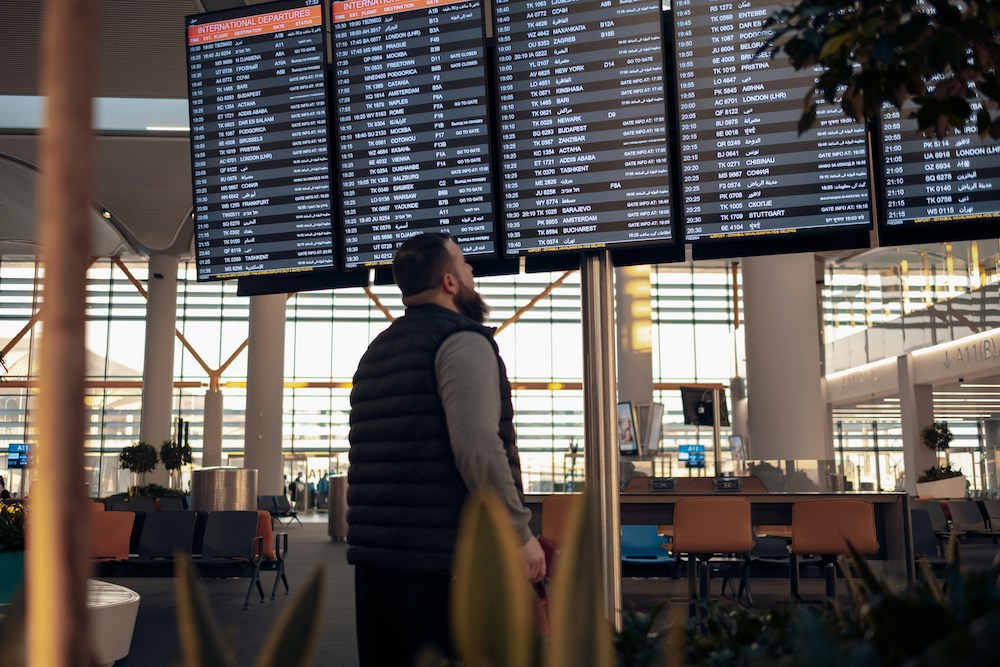The FAA’s 10% flight cut isn’t just an aviation issue — it’s an attack on the infrastructure of the meetings economy that keeps America’s ideas, deals, and industries moving
Reading Time: 3 minutes
There’s a saying in the events world: If you want to understand the economy, look at the boarding gates.
When the gates go quiet, so does growth.
That’s exactly what’s happening now as the Federal Aviation Administration reduces U.S. air traffic by 10% across 40 major airports — a move triggered not by weather or war, but by a government shutdown. In the process, Congress has reminded us just how fragile America’s travel infrastructure really is.
The U.S. air system moves more than 44,000 flights a day, powering a meetings and events economy that contributes $234 billion to GDP and supports 5.6 million jobs, according to the Events Industry Council. Those flights aren’t just moving tourists — they’re moving entrepreneurs, dealmakers, innovators, and entire industries that rely on physical connection to thrive.
Now, with roughly 1,800 daily flights cut and up to 268,000 seats grounded, that network of human momentum is stalling.
FURTHER READING: Shutdown Turbulence: FAA Flight Cuts Leave the Meetings Industry in a Holding Pattern
“This isn’t just about airplanes — it’s about people,” Transportation Secretary Sean Duffy admitted this week, acknowledging that controllers are working unpaid, six days a week. The FAA’s move may protect safety in the short term, but the larger failure lies in Washington’s willingness to let it come to this at all.
Every hour of shutdown translates into lost productivity, delayed conferences, and the quiet unraveling of confidence in America’s ability to keep business moving. The U.S. Travel Association estimates travel disruptions already cost the economy $140 million per day. Multiply that by weeks, and you begin to see the damage ripple far beyond airport tarmacs.
For meeting planners, this isn’t abstract policy — it’s canceled sessions, late-arriving keynotes, and sponsors demanding refunds. For destinations, it’s empty hotel rooms and darkened convention halls. For small businesses tied to those events, it’s payrolls they can’t meet.
The irony? The same policymakers who claim to champion small business and economic growth are effectively grounding both.
If the pandemic taught us anything, it’s that digital cannot replace the power of being in the same room. Face-to-face connection is the oxygen of innovation — and the oxygen is thinning fast.
It’s time for Congress to treat the travel system as what it truly is: national business infrastructure, not a bargaining chip. The FAA, TSA, and the workers who keep travelers safe should never be pawns in partisan brinkmanship.
Planners, hoteliers, airlines, and trade associations all know this truth instinctively: when flights stop, business stops. If Washington needs a wake-up call, maybe it’s this — you can’t run the economy on autopilot when you’ve shut down the control tower.
Any thoughts, opinions, or news? Please share them with me at vince@meetingsevents.com.
Photo by Tahir osman For Unsplash+





